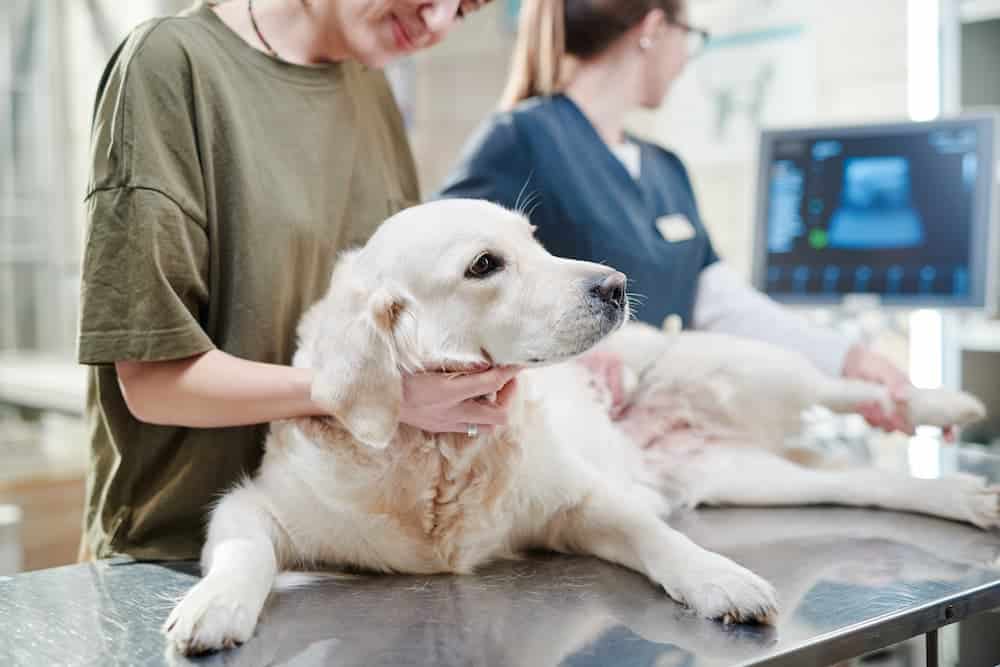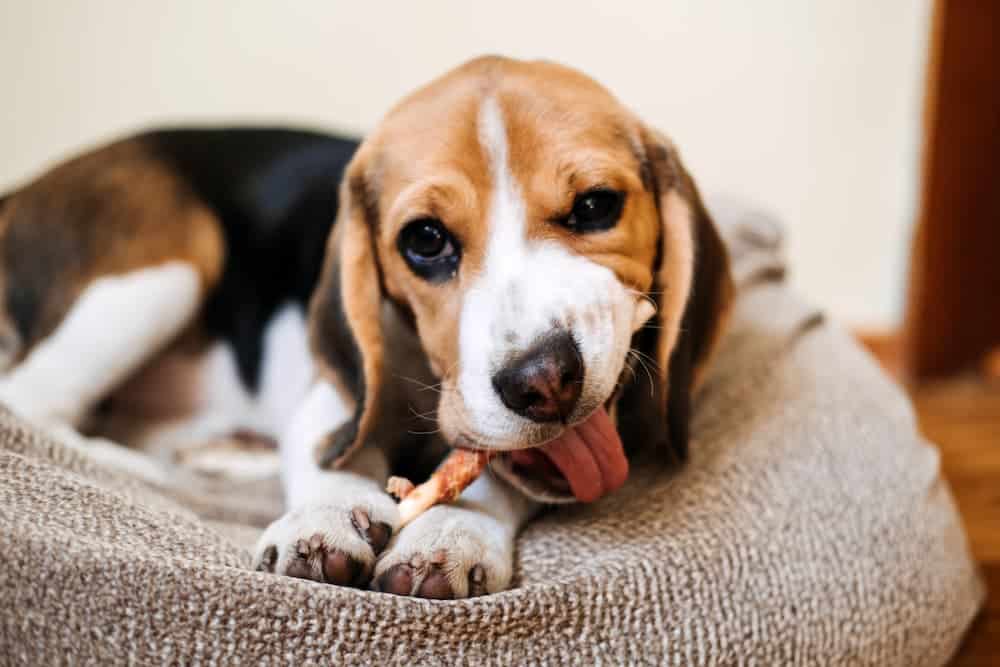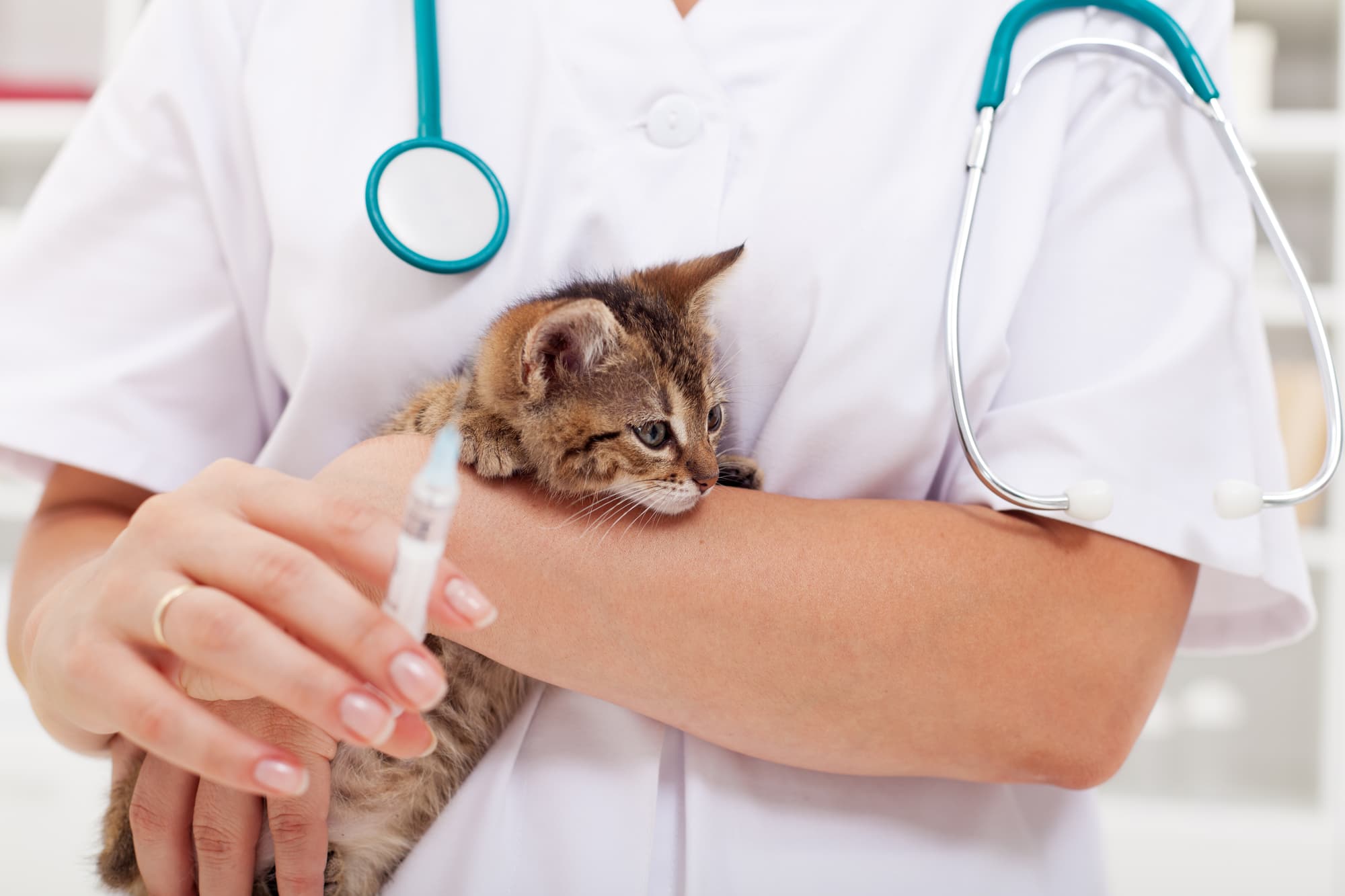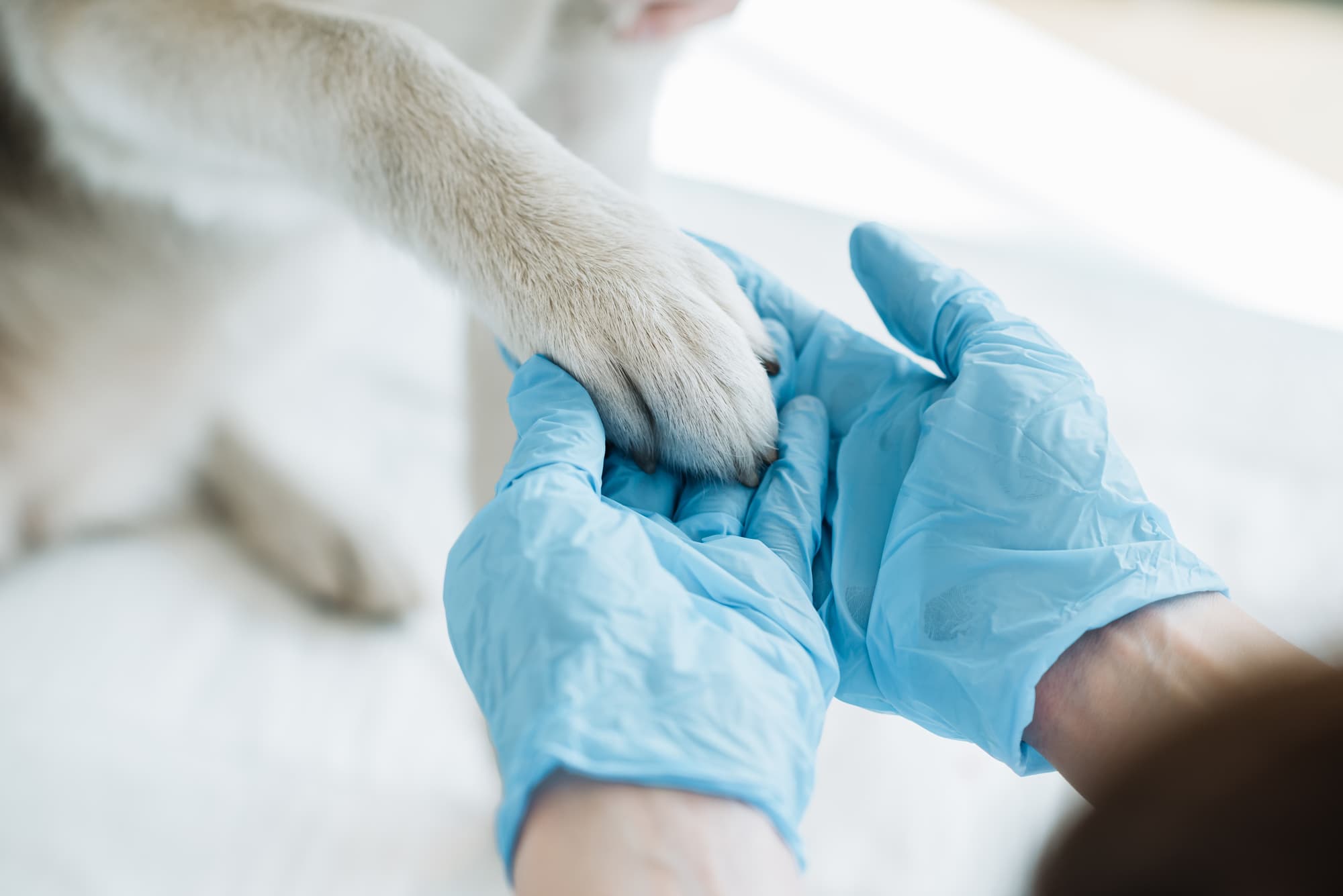Whether you have a cat, dog, horse, rabbit, guinea pig or even a rescued wallaby, you need to keep on top of their dental health to ensure they have a long, happy and healthy life.
Unfortunately, pets don’t display the same signs and symptoms that humans commonly deal with when suffering from a toothache or other dental health issue. Pets often won’t show visible signs of pain and they certainly won’t stop eating, unless of course the pain is absolutely unbearable – by which point it may be too late to save their teeth.
Our pets can’t tell us that they have a toothache or that their gums feel tender. So, if you love your dog, cat or any other fluffy or furry friend, you need to do them a favour and make sure that you create a healthy dental health care regime for them.
Any animal with teeth needs a dental health care regime, but today we thought we would focus on the most common of domestic pets – cats and dogs. Unfortunately, four out of every five cats and dogs over the age of three have some form of dental disease. And, what pet owners don’t realise is that dental disease can travel through the blood stream and create chronic diseases and illnesses in the liver, heart and kidneys.
So, let’s take a look at how you can improve the dental, and overall, health of your feline or canine friend.
Dental Health Tips for Dogs
- You should regularly give your dog’s mouth, teeth and gums a general inspection—lift up their lips to check that their gums aren’t inflamed and that their teeth haven’t chipped or broken away.
- Always keep an eye on your dog’s eating habits. If your dog usually finishes his food in one sitting and suddenly it takes him a couple of days to empty his bowl, then he may be suffering in silence.
- Dental care needs to become an integral part of your daily routine with your dog – just like walking, feeding and grooming.
- It’s never too late to start this routine. Its better to start from the time they’re puppies, but a bit of dental care will still be a huge help to your 15-year old dog.
- People are often amazed to discover that they should be brushing their dog’s teeth. We recommend you give your dog’s teeth a good brush daily. You can use a soft human toothbrush or you can go for one of the many brushes that have been designed specifically for dogs. Remember, you can’t use human toothpaste as the dog will swallow too much, which can cause internal damage. It may take sometime for you to build up a routine where your dog will be comfortable with you prodding around inside his mouth. The best way to start is to put a bit of food on your finger and slowly move your finger around your dog’s mouth. You also need to get your dog to feel comfortable with you holding his muzzle. Once your dog is comfortable with having his muzzle held and having your finger in his mouth, you can start brushing in soft, circular motions.
- You should always follow a brush with a treat to build a positive relationship with brushing.
- Giving your dog bones or chew toys is also an integral part of a health dental care regime, as the chewing helps to remove plaque and dirt build-up. However, if your dog loves bones and it does not cause organ issues, then make sure they are raw bones (cooked bones are too brittle and can cause digestion problems) and that they are taken away at the end of the day to avoid them chewing on old bones.
Dental Health Tips for Cats
- When it comes to your cat, the first thing you need to look for is bad breath. You may think that the strange odour coming out of your cat’s mouth is a result of the food you feed her, but it could actually be a sign of something far more sinister. If you notice bad breath, or any other signs of a tooth problem, you should take your cat to the vet as soon as possible. Make sure that you write down all of the symptoms that you have noticed to ensure your cat gets all the checks it needs.
- Like dogs, it is best to start your cat’s dental health care regime young. A good tip is to dip your finger in tuna water and get your cat used to the feeling of having your finger inside her mouth.
- There are toothbrushes designed for cats and again, you can’t use human toothpaste to clean your kitty’s teeth. The make-up of our toothpaste is far too abrasive and the fluoride can cause a number of health problems. Your cat will much prefer the fish or meat favoured toothpaste over your ‘mint fresh’ variety anyway. You can also help to alleviate the affects of gum disease by massaging your cat’s gums.
- Cats can be less tolerant of teeth brushing especially if it has not been introduced at an early age. They may prefer raw bones such as chicken necks or other meat bones chopped into small sections. Avoid fish bones. Strips of raw meat can also be a great way to encourage chewing that is also beneficial for dental hygiene.
How Northcote Animal Hospital (nOah) Can Help Your Pet
Each day we see many cases of dental health issues, it’s one of the reasons why our team are happy to provide free dental health quotes so that pet owners can rest assured they’re looking after their pet’s teeth.
Case Study – Jasper’s Mangled Tooth
Jasper is a nine year old Whippet belonging to a lovely family of four. He goes on daily walks with the children to and from school. His family have always been big believers in preventative health and have brushed his teeth every night before going to bed, just like one of the children! He also enjoys a diet of large kibble and gets a bone from the butchers once a week. The family take him to see us every 3 months for a dental check. He has always been such a happy patient, allowing us to inspect his pearly whites; what dogs won’t do that for a treat!
Unfortunately at the last dental check it was discovered that Jasper had fractured one of his molars. The fracture was potentially from chewing on the tasty weekly treat of marrow bones. Despite not displaying any signs of pain it was obvious that the nerve of the tooth was exposed. To avoid any further pain or risk of infection the owners decided to help Jasper by having the tooth removed.
Under a general anaesthetic this was done at the clinic where the gum was lifted, the tooth drilled into pieces and surgically removed. The gum was then stitched back in place to cover the hole. The rest of his teeth were given an ultrasonic scale and polish, just like dental hygienists do for us! Since they had been so well cared of for his entire life there was minimal tartar build up. Jasper was sent home that night with antibiotics and pain relief for the extraction.
Ten days later Jasper came back to the clinic for his final check. The gum had all healed and he was given permission to start back on his regular diet. Nowadays instead of bones Jasper gets a special dental treat. He devours them with the same gusto as for the bones and is much less likely to lose any other teeth from such enthusiastic chewing!
If you want to check out your pet’s dental health, make an appointment for a free dental quote today.






